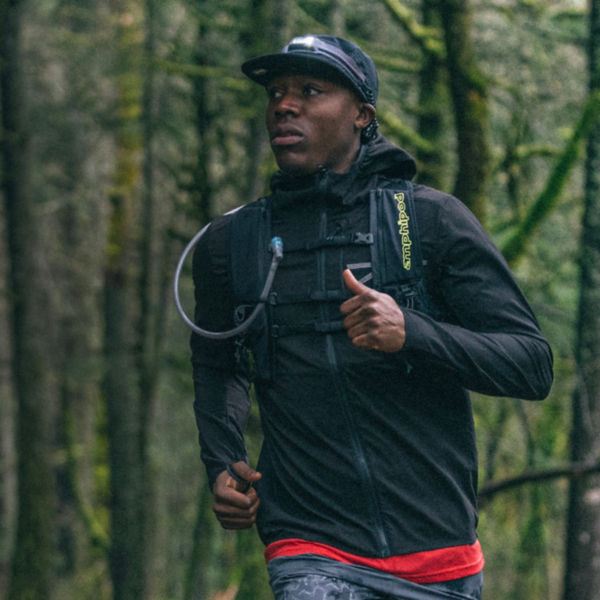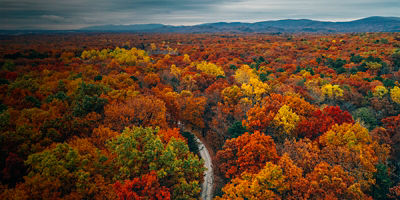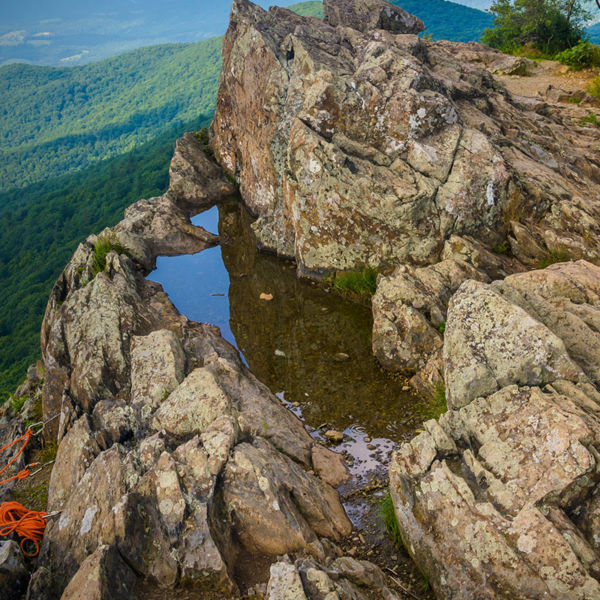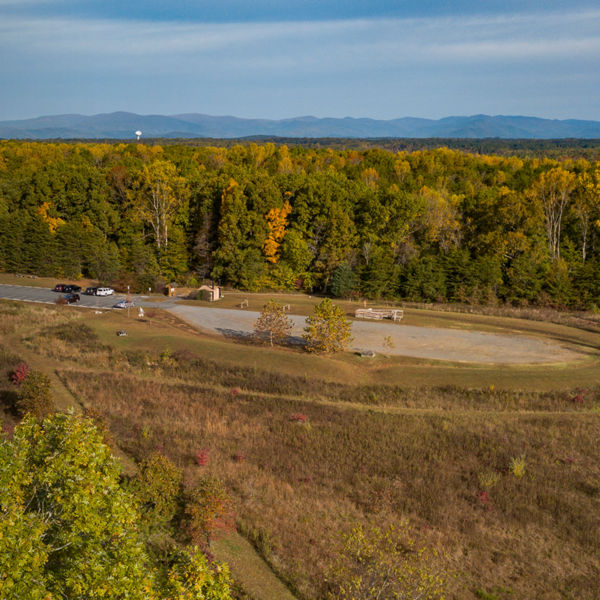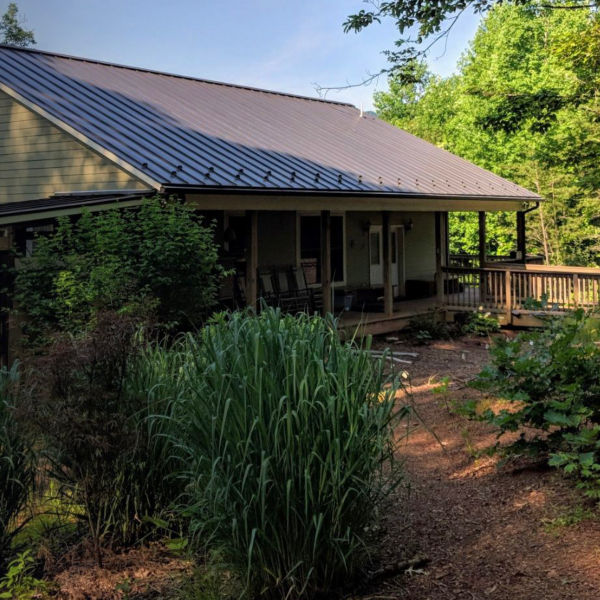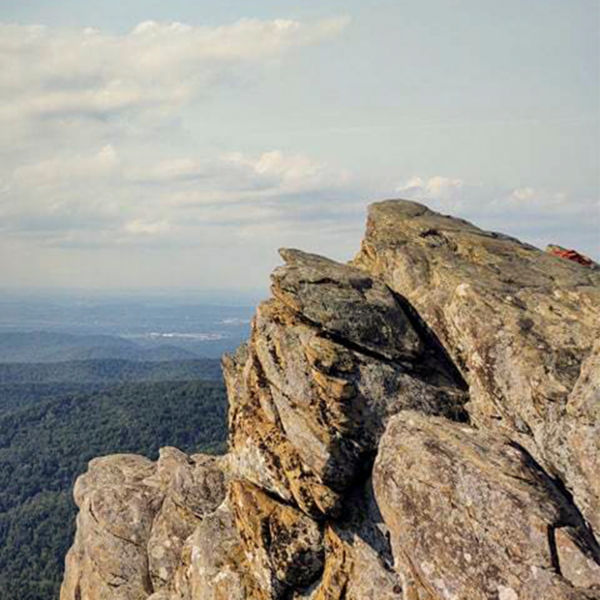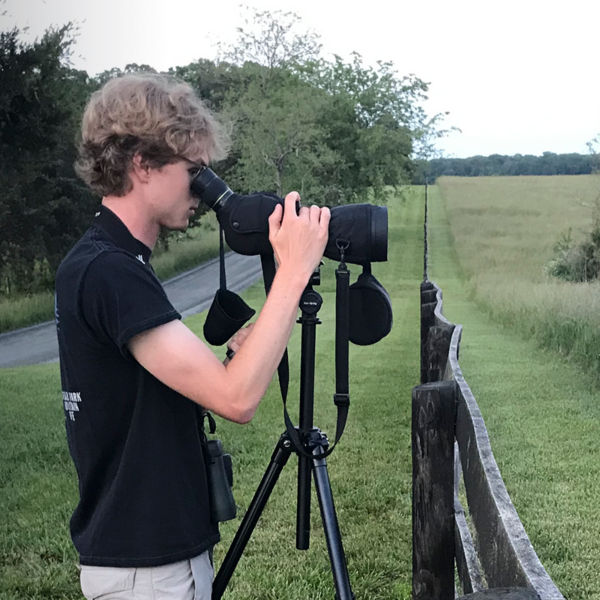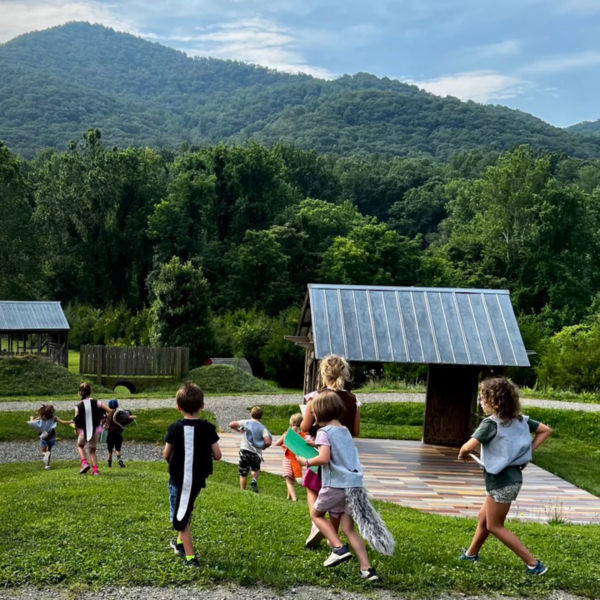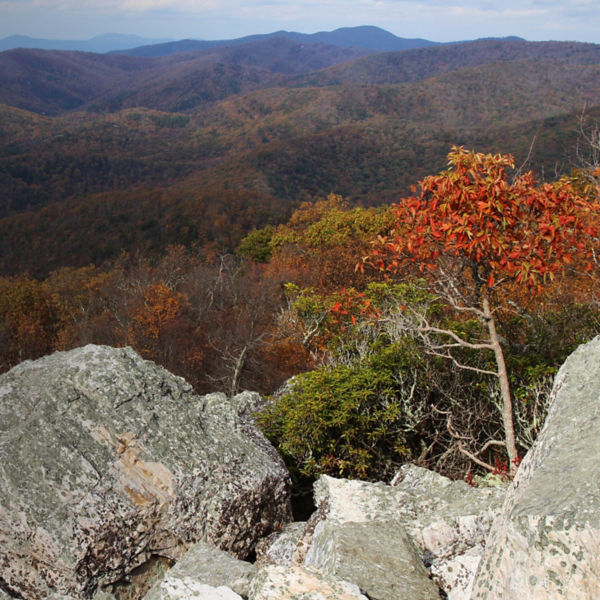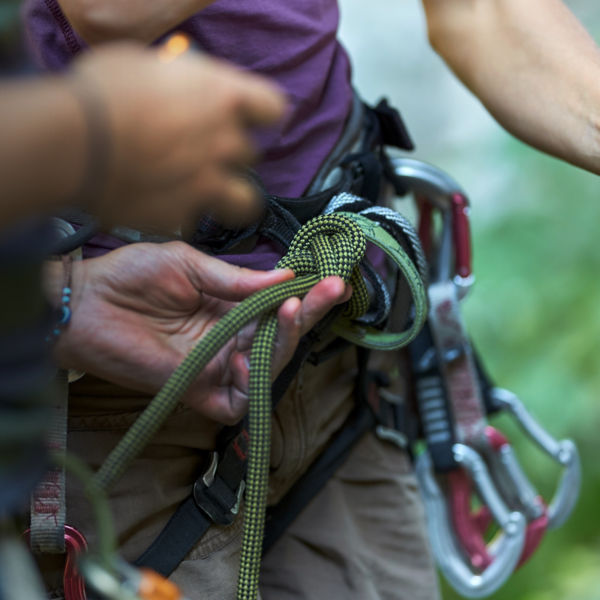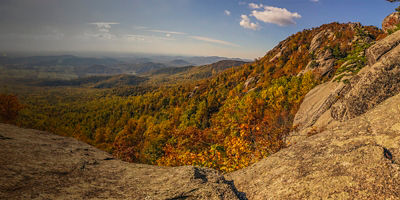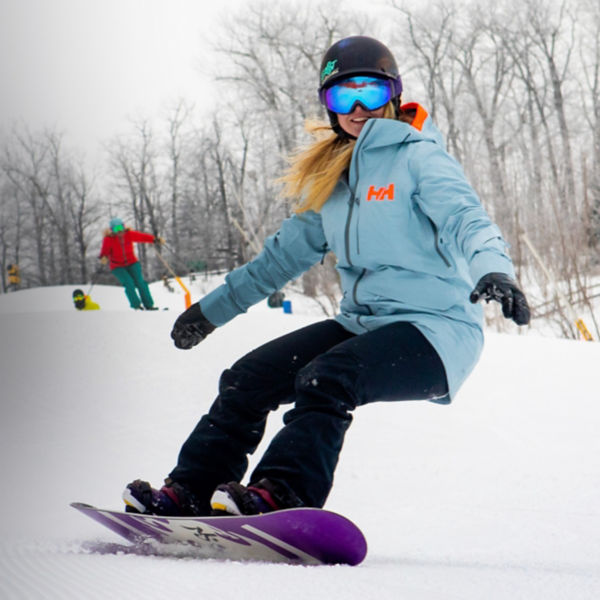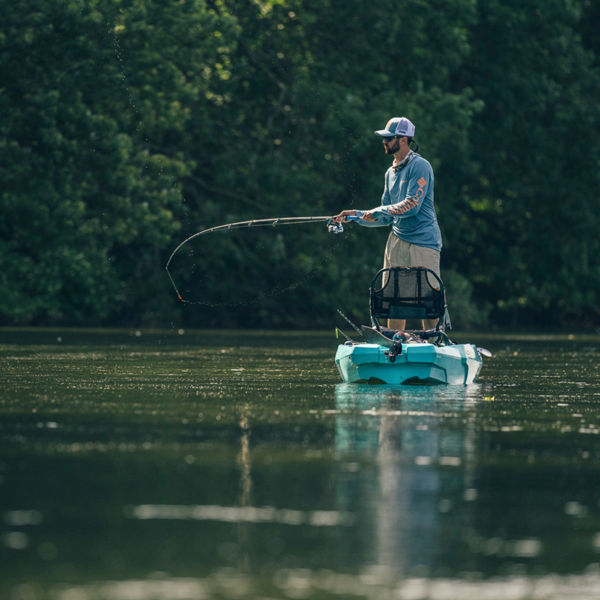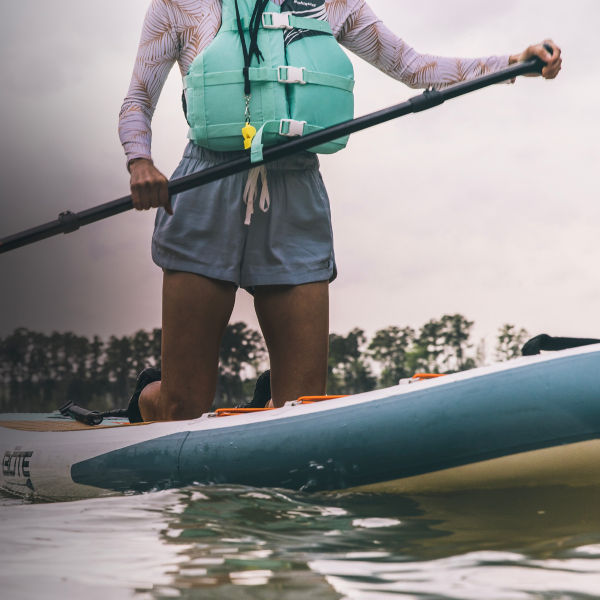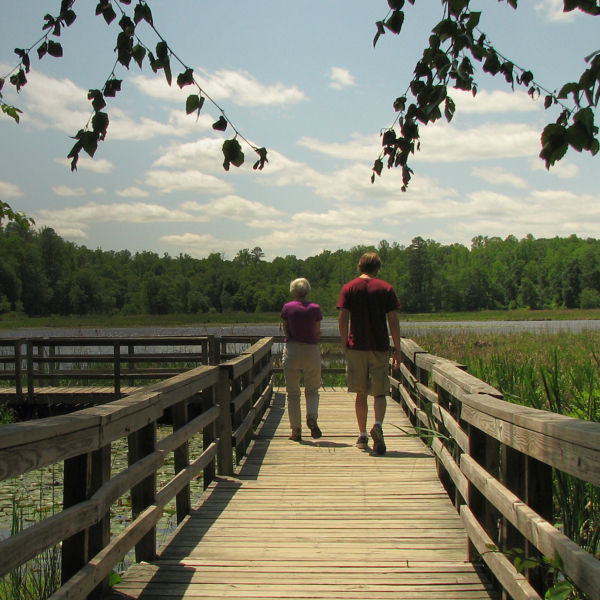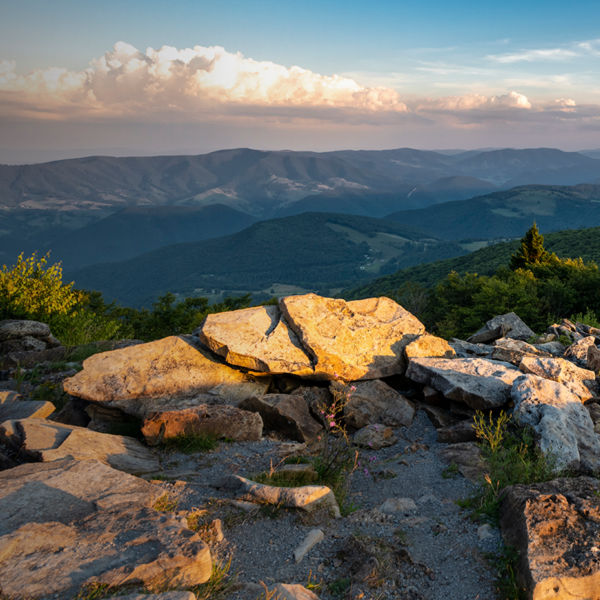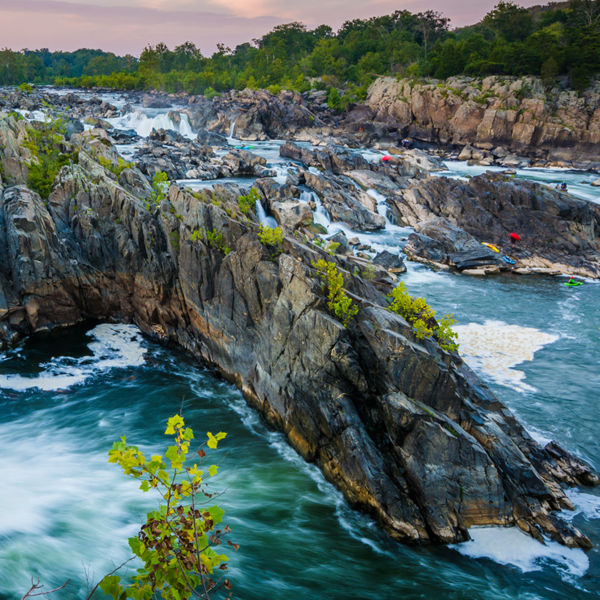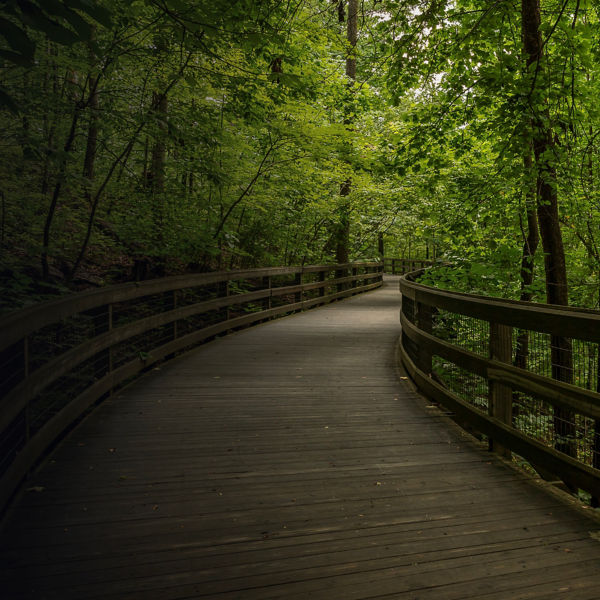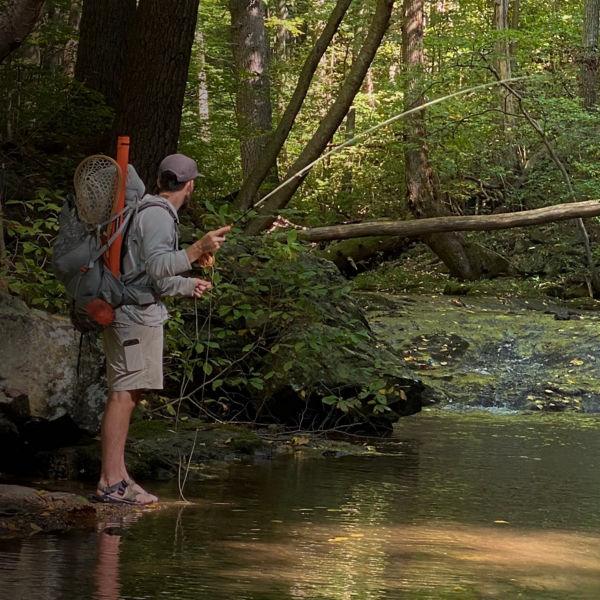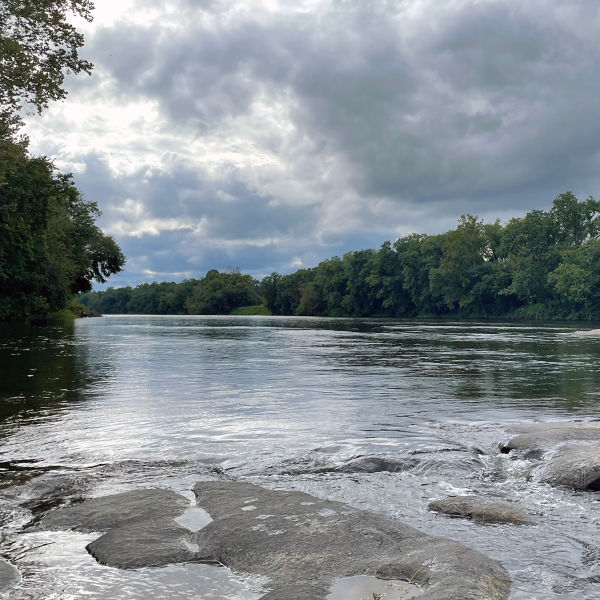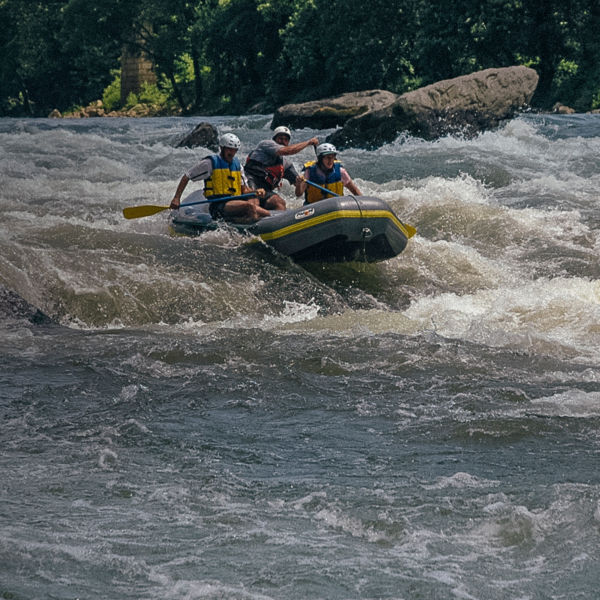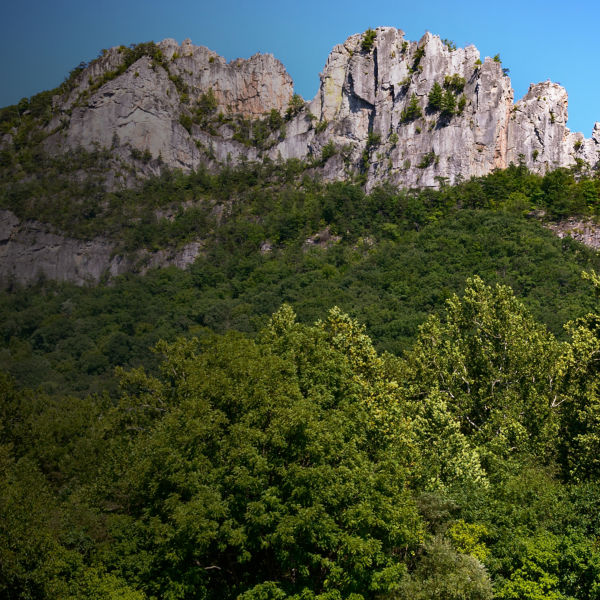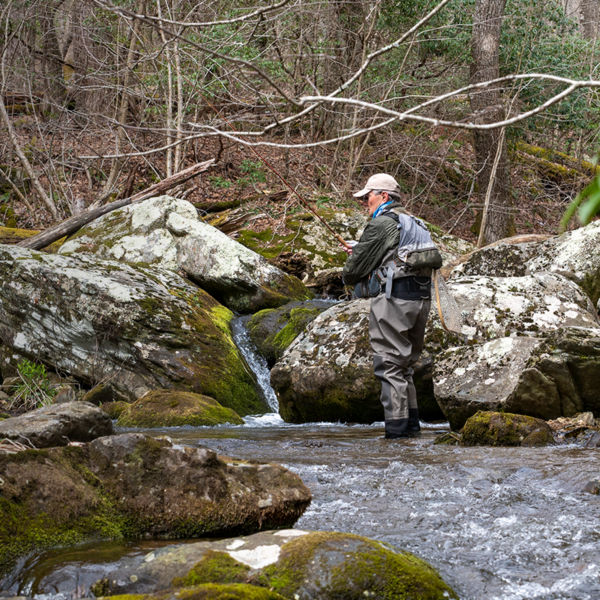
There are plenty of reasons—and no shortage of opportunities—to explore the Rivanna River as it traverses from the Blue Ridge foothills to the Piedmont plain. Much has to do with its mix of pristine characteristics and ample access along Virginia’s first federally designated Scenic River, which runs 46 miles from headwaters above Charlottesville (where its North Fork flows from the eastern border of Shenandoah National Park) to a confluence with the James River near Columbia, Va. The Rivanna, an abbreviation for “River Anna,” named after the early 18th-century Queen of England, flows freely as it courses its way southeast on its long journey to the Chesapeake Bay.
Lined with lush foliage that quickly dissolves any surrounding East Coast hustle and bustle, the Rivanna has become a local paddling favorite for everything from canoes and rec kayaks to inflatables and paddleboards, albeit with mild Class I-II rapids that keep things interesting and require basic river-running skills. Expect wildlife, gentle whitewater, calm pools and natural beauty for an adventurous outing on the water. As the river was an important transportation artery in the 1700s and 1800s, also look for historical remnants of aqueducts, old stone dams, mills, canals and locks dating back to Colonial times.
Season
May and June offer the best conditions to paddle the Rivanna, when water levels are at their best (they can sometimes drop too low by the end of summer). At the end of April and early May, look for the banks to come alive with the flower blossoms of wild azaleas and bluebells.




